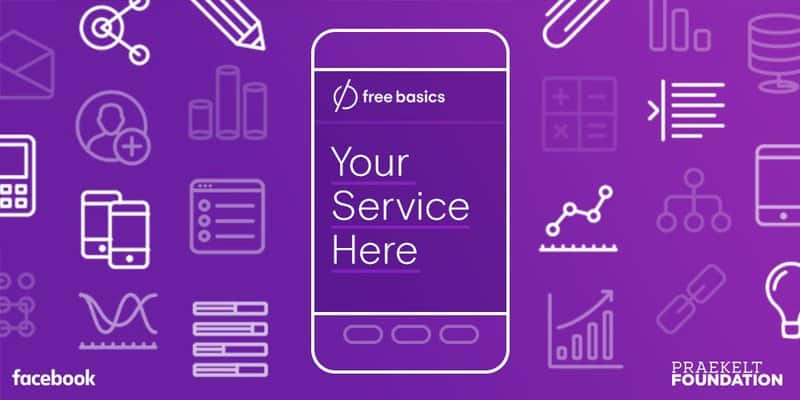Facebook Makes the Case for “Free Basics” Internet Access

 Facebook is lobbying the White House for the government’s blessing to offer its “Free Basics” service in the United States, according to a story reported by the Washington Post’s Brian Fung last week. Free Basics is an example of a business practice often referred to as “zero rating,” which entails a content company paying an Internet access provider to let its subscribers access certain content without paying a marginal fee or using up a monthly data allowance. Thus, with Free Basics, consumers can access certain websites and online platforms—including Facebook, of course—free of charge using a mobile device such as a smartphone or tablet. Zero rating may sound like a win-win for consumers, but it’s sparked a backlash from certain left-wing activists, and the Federal Communications Commission (FCC) has been deliberating over whether to crack down on zero-rated services since late 2015.
Facebook is lobbying the White House for the government’s blessing to offer its “Free Basics” service in the United States, according to a story reported by the Washington Post’s Brian Fung last week. Free Basics is an example of a business practice often referred to as “zero rating,” which entails a content company paying an Internet access provider to let its subscribers access certain content without paying a marginal fee or using up a monthly data allowance. Thus, with Free Basics, consumers can access certain websites and online platforms—including Facebook, of course—free of charge using a mobile device such as a smartphone or tablet. Zero rating may sound like a win-win for consumers, but it’s sparked a backlash from certain left-wing activists, and the Federal Communications Commission (FCC) has been deliberating over whether to crack down on zero-rated services since late 2015.
The case for allowing companies to experiment with Free Basics and similar services is a no-brainer. As Joe Kane explained on these pages back in June, zero rating expands consumer access to information by making it more affordable to get online and experience all the Internet has to offer. Free Basics benefits people who might not otherwise have Internet access at all, including the millions of Americans who don’t have the means to pay for a wireless data plan. Other zero-rated services help consumers who already have broadband access get a bigger bang for their buck. T-Mobile’s Music Freedom and Binge On plans, for instance, enable subscribers who pay for a mobile broadband plan subject to data usage limits to enjoy a wide range of songs and shows without worrying about overage fees.
But as the Washington Post report explains, Susan Crawford, a law professor and leading proponent of Internet regulation, claims that zero rating “would simply enable ‘the gameplaying of companies who have a strong interest in maintaining the status quo.’” In other words, Crawford insists that if low-income consumers are going to get online, they must have access to the entire Internet, as opposed to some portion thereof that a tech company or network provider is willing to deliver at a reduced price (or for free). Yet it’s much more expensive to accommodate the entirety of the Internet—especially high-bandwidth services—than a curated group of sites. Thus, the question is not whether low-income users will have access to some of the Internet or all of it, but whether they will have any access to it whatsoever.
Facebook mounted a spirited campaign to persuade Indian officials to let the company offer Free Basics in the country, with Facebook founder Mark Zuckerberg meeting with India’s Prime Minister in 2014 to pitch the plan, among other things. But in early 2016, India’s Telecom Regulatory Authority decided to block the program, stating that “[n]o service provider shall offer or charge discriminatory tariffs for data services on the basis of content.” Some other countries, such as Chile, have also banned zero rated services. These decisions could not be more misguided.
Although the United States isn’t quite as ripe a target for Free Basics as India, there is a sizable minority of the U.S. population that lacks broadband Internet access. For some of these consumers, the cost of access is the main reason they aren’t online, so Facebook is well-positioned to address this issue with Free Basics. Unfortunately for Facebook—and, ultimately, U.S. consumers—the FCC’s net neutrality rules might foreclose zero rating, depending on how the agency decides to interpret its rules. For now, the FCC is still pondering the issue, which explains Facebook’s decision to go to the White House—which has considerable sway over the FCC these days—to make the case for Free Basics.